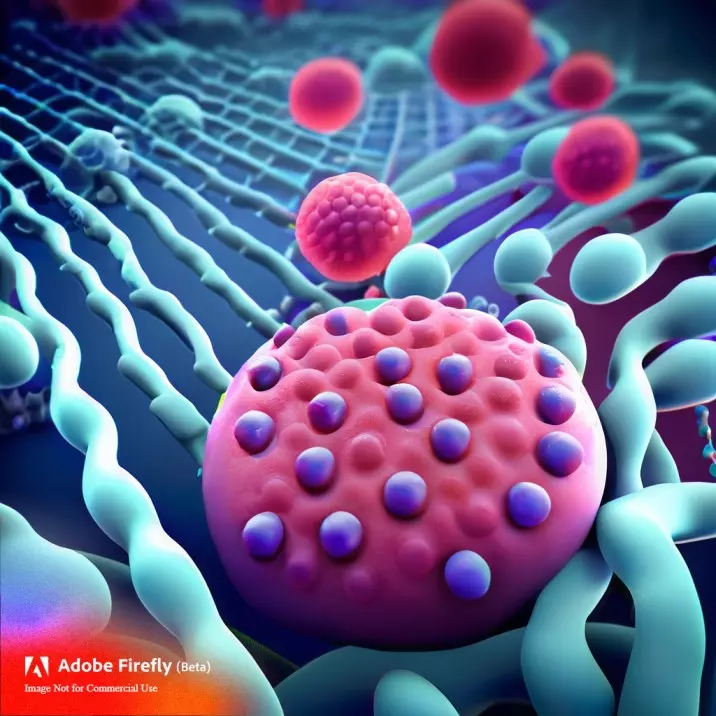In a significant stride forward for immunology research, scientists have unveiled a groundbreaking technique that allows for the comprehensive study of sugars on immune cells. This innovative method promises to shed new light on the intricate interactions between these sugars and immune function, potentially leading to breakthroughs in our understanding of various diseases and immune-related disorders.
Sugars, also known as glycans, play a pivotal role in immune cell biology. They decorate the surfaces of immune cells and are involved in essential processes, including cell signaling, immune response regulation, and pathogen recognition. However, studying these sugars in detail has been a formidable challenge due to their complexity and variability.
The newly developed technique, which combines cutting-edge analytical tools and innovative approaches, provides researchers with a powerful tool to delve into the world of immune cell sugars. Unlike conventional methods, this approach allows for the analysis of a broad spectrum of glycans on immune cells with unprecedented precision.
Key features of this groundbreaking technique include:
1. **High Sensitivity**: The method can detect even trace amounts of glycans on immune cells, enabling researchers to gain insights into subtle changes that may have profound implications for immune function.
2. **Comprehensive Profiling**: It offers a holistic view of the diverse repertoire of glycans present on immune cells, allowing scientists to identify specific patterns and variations.
3. **Single-Cell Analysis**: The technique permits the examination of individual immune cells, unveiling heterogeneity within cell populations and providing a more nuanced understanding of immune responses.
4. **Real-time Monitoring**: Researchers can observe changes in glycan profiles in response to various stimuli, such as infections or immune challenges, providing dynamic insights into immune cell behavior.
5. **Disease Insights**: By studying how glycan profiles differ in healthy and diseased states, scientists can potentially uncover new diagnostic markers and therapeutic targets for a wide range of conditions, including autoimmune diseases, cancer, and infectious diseases.
The implications of this advancement in immunology research are far-reaching. Understanding the intricacies of glycan-mediated immune cell interactions can pave the way for the development of targeted therapies and interventions that harness the immune system’s full potential.
Furthermore, this breakthrough technique has the potential to open new avenues of research in fields beyond immunology. Glycan analysis may find applications in neuroscience, cancer biology, and infectious disease research, among others, as sugars are involved in various biological processes across different systems.
As scientists continue to explore the possibilities unlocked by this innovative technique, the future of immunology research looks brighter than ever. It holds the promise of unraveling the mysteries of the immune system, ultimately leading to more effective treatments and improved outcomes for a multitude of diseases. This remarkable development underscores the importance of innovation in science and its potential to transform our understanding of the biological world around us.
Also Read: Elon Musk Reports Doubling Of Video Viewership On X Since Last Year
https://thelogicalindian.com/h-upload/2023/09/08/500x300_233325-firefly-images-related-to-immune-cells-14443-1.webp
Trending
2023-09-08 11:14:06.0
Breakthrough Technique Enables In-Depth Analysis Of Sugars On Immune Cells












